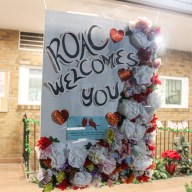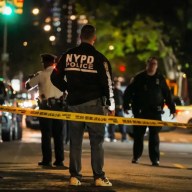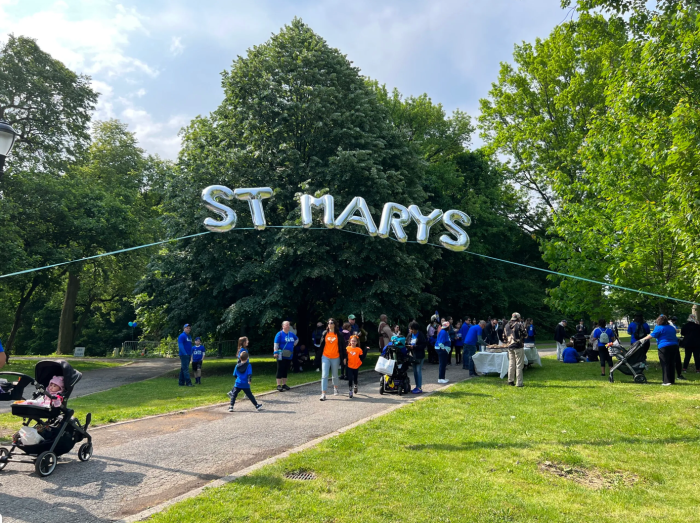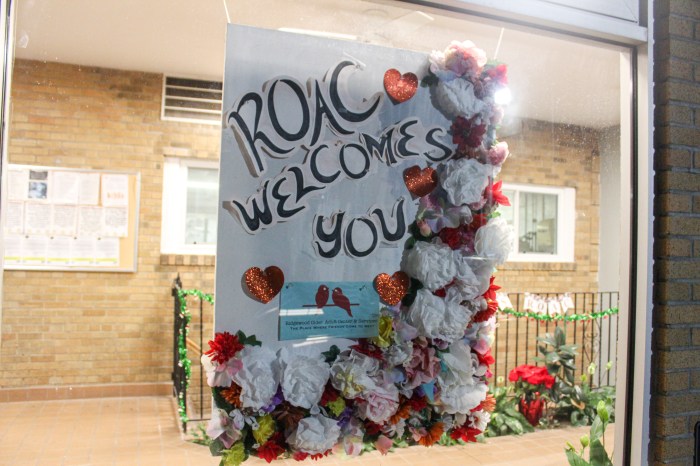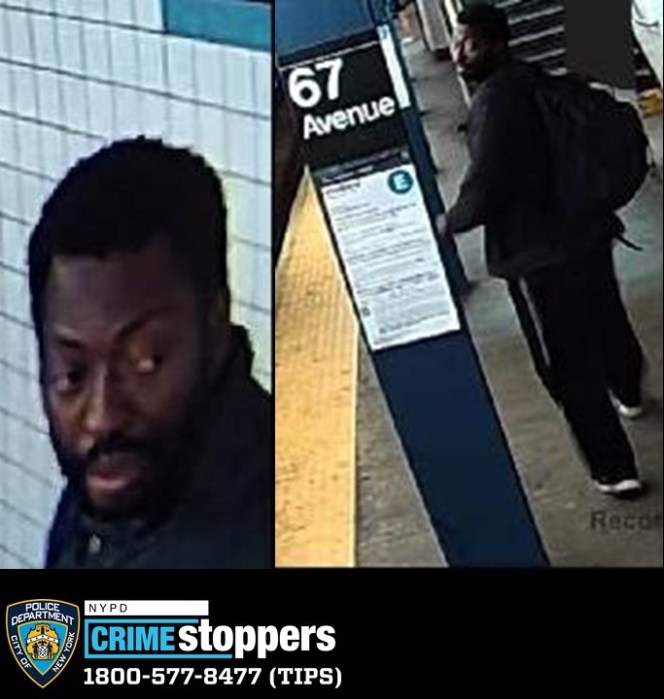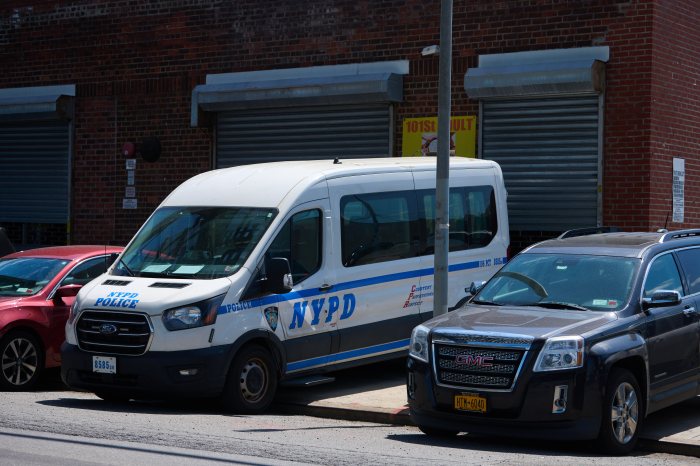By Alexander Dworkowitz
Half a century ago, tenants of the newly created Mitchell Gardens cooperative in Flushing were looking for a place to pray. Most of the residents were Jewish, and they formed a congregation housed in the basement of the complex.
In 1957, the tenants, along with residents of the Linden Hill cooperative, built a permanent home for the congregation, just to the north of the housing in Whitestone.
Fifty years later the synagogue, known as the Garden Jewish Center, still has many of its original members.
Regina Vogelman, the president of the synagogue who has been a member for more than 48 years, said the temple at 24-20 Parsons Blvd. remains very much the same.
“The only change is that women now can do readings (of the Torah),” she said.
This year its 310 members have taken a look back at the institution's history. The year's events culminated with a celebration of the anniversary at the center on June 8.
“We had 270 guests without any complaints, which is novel,” Vogelman said. “You have 100 people show up at a bar mitzvah and 30 of them complain.”
Garden Jewish is not the only synagogue in the area that grew out of a cooperative complex. The Clearview Jewish Center on the other side of Whitestone at Utopia Parkway attracted residents of the Clearview Gardens cooperative. The Clearview Jewish Center celebrated its 50th anniversary last year.
Garden Jewish is traditional, generally following the practices of Orthodox Judaism with a few exceptions.
“We call ourselves Orthodox but flexible,” Rabbi Martin Cooper said.
Unlike in Orthodoxy, the synagogue allows men and women to sit together and the use of microphones during service, Cooper said.
Although the synagogue is traditional, its leaders are not. Vogelman is the first woman to head the congregation and Cooper spent most of his years working in education. When he took his position at Garden Jewish in 1996, it was the first time he served as a rabbi.
Vogelman's desire to head the congregation stems from her upbringing.
Unlike most Orthodox girls growing up in the Bronx during the Depression, Vogelman attended school to study Judaism.
“I was sent to Hebrew school when girls didn't go,” she said. “My father said, 'Boys go at 6, girls go at 6.' … He felt that a girl should have the same education as a boy.”
Cooper, who was born in England and retains a British accent, has spent most of his life working in education. He came to the United States 30 years ago to study Jewish education at graduate school, and he has since worked as a teacher and principal in several schools.
“I've crowned my crib by becoming a rabbi,” Cooper said.
Cooper called his position “marvelous.”
“All I really do is help people all day,” he said.
Cooper said a large part of his work is answering questions from his congregants, often giving advice on jobs and dealing with an ill loved one.
“He will do anything for everybody,” Vogelman said. “He's exceptional to the rabbinate.”
Cooper said he tries to be realistic when talking with congregants.
“My philosophy is to take people to the next step wherever they are,” he said.
While Cooper described his congregation as “happy,” he admitted the financial state of the institution is not particularly strong. Many of its members are elderly, and the temple has struggled to attract younger residents.
Over the last decade, the synagogue has been occasionally marked with swastikas, which never happened in earlier years, Vogelman said.
“Especially with the rise of anti-Semitism, Jews should be a part of a congregation,” Cooper said.
Reach reporter Alexander Dworkowitz by e-mail at Timesledger@aol.com or call 718-229-0300 Ext. 141.









